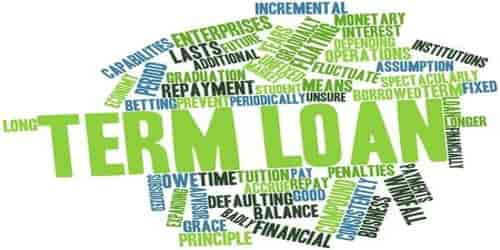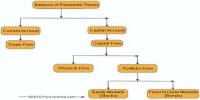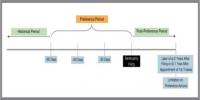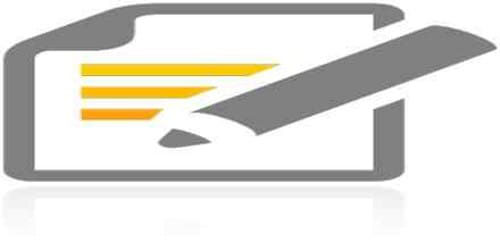A term loan is a loan from financial institutions having an initial maturity of more than one year. A term loan is a contract under which a borrower agrees to make a series of interest and principal payments in an interval of specific period. Generally, term-loans have maturities of 5 to 10 years. It usually lasts between one and ten years, but may last as long as 30 years in some cases.
Entrepreneur points out that the most compelling drawback or risk of a term loan is that you expose your property to repossession. The best way to mitigate this risk is to act conservatively with the amount that you borrow so you have no concerns about making payments.
Disadvantages of Term Loan
- The firm is legally obliged to pay the fixed interest and principal amount to the lenders, the failure of which could lead to its bankruptcy.
- The debt financing, especially the term loans, raises the financial leverage of the firm, which in turn raises the cost of equity to the firm.
- If the inflation rate touches the extremely low levels, then the real cost of debt will be more than expected.
Other primary disadvantages of term loans include:
Depreciation – Though not necessarily a reason not to borrow, the fact that depreciation occurs swiftly with some equipment presents a challenge. If you pay down the debt slowly over a long period of time, and the equipment depreciates more rapidly, you risk owing more than the equipment is worth when you sell it.
Complicated process – Obtaining a term loan is sometimes complicated as well, especially if you are a new business and don’t have much in the way of financial statements to provide. Banks like to review your current debt leverage and net income trends to determine risk. In lieu of actual statements, detailed and well-researched projections sometimes are needed.
Information Source:
















